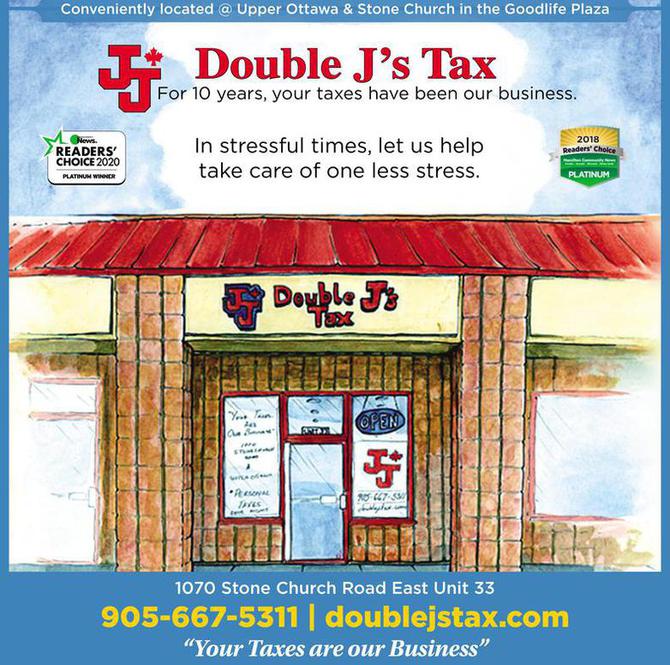So, The CRA Wants To Do Your Taxes For You
Recently the CRA has made a push to implement a tax system where they would take your information and file your taxes for you every year. They claim this will make it cheaper for you and it will be easier overall. I feel it's time for me to put my thoughts out on this matter. After many years of working with the CRA I have learned one thing more than any other and that is it is in my experience that they do very little that benefits the taxpayer. Every reassessment that I have seen done by the CRA has been for the benefit of the CRA. They have done little to earn anyone's trust.
On many occasions when new clients provide me with authorization I access their account and often find errors and omissions from previous returns that when fixed work in the clients favor. In most of these cases the CRA website is where I find this information, this means their data base already had the information and they could of fixed it themselves. In all of the time that I have worked in this business I have seen very few instances where the government will correct things in your favor.
In regards to making things simpler they could do that by simplifying the tax system I don't deny that ours is one the most complicated, probably, in the world. However, I can guarantee that if the government made it simpler to file your taxes and simplified the tax system there is no way you would be paying less. They try to say that their system of filing your return for you will save money because you won't have to pay to have your taxes done, a fee that is exacted once a year and in many cases is very minimal will most likely result in an increase in taxes many times that amount.
To sum it all up the system they are suggesting will reduce transparency and leave the organization who calculates and collects the taxes in situation where the individual has no idea what they are paying. The government wants to be able to tell you that they are being fair and that they will be better than the people who are currently preparing your taxes but in the end it will leave us in a situation where you can't question what you owe or what you are paying. Our system at present is far from perfect but putting them in charge of both preparing your taxes and collecting your taxes seems like a BIG mistake.
At Double J’s you get many years experience behind every return. We know the new tax rules and how to make them work for you
We offer Triple A service
Attentive, Accurate, and Affordable
Doing your taxes and dealing with the government can be very stressful and intimidating. We strive to make this small, but important, part of your life easier.
Haven’t filed in a few years? Not a problem, we can do past years returns, and even review previous years returns to correct any errors or omissions.
Starting a new business, or even thinking of starting one? We offer a wide range of services from helping to handle the HST to financial statement and year end tax preparation.
Have a Question or need to contact us?
Just type it here then press submit
(Please provide contact info if you wish a reply)
Archived Articles
This is an archive of previous articles written for tax advice just hit the button below.
Our Prices
Basic Returns $75 plus HST
Couples Returns $140 plus HST
*Extra charges will apply for returns with excessive data entry and complex returns (ex. rental income, self employed and employment expenses etc.)
We are family owned and operated. We strive for a family atmosphere in our office so appointments are preferred.
For our returning clients we offer a drop off service. We complete these within a few days and give you a call when they are ready for pick up.
CLOSED
The office is now closed until the New Year.
Merry Christmas and Happy New Year.
Off Season Hours
(May 13, 2025-Mid February 2026)
Monday CLOSED
Tuesday 10-3
Wednesday 10-3
Thursday 10-3
Friday CLOSED
Saturday CLOSED
Sunday CLOSED
*If you need an appointment outside these hours we will do our best to accommodate you.
*Our hours are subject to change without notice.
*Please note our office closes for the month of December every year.
STAFF
Tax Specialist
James Lizotte
Data Entry / Client Relations Mackenzie Hillard (Seasonal)
Data Entry
Kate Hillard (Seasonal)
Receptionist / Office Manager
Kimberly Nickerson
ATTENTION CLIENTS
As of October 1, 2025 due to the slowness of this off season we have switched to by appointment only. Appointments will be available on Tuesdays, Wednesdays and Thursdays 10-3. Please give us a call or contact us below.




